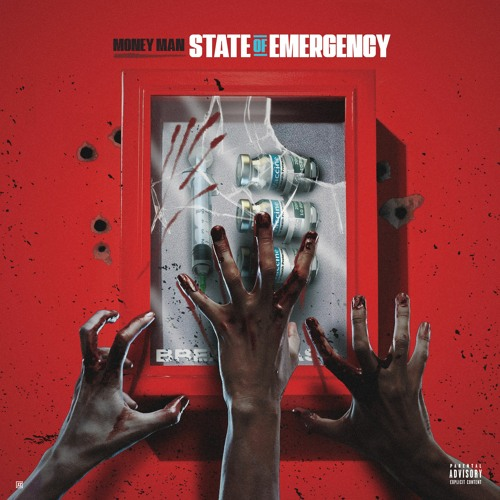In the face of natural disasters, civil unrest, and other significant events, states might declare a "state of emergency." This can be a particularly challenging time for gun owners, as these declarations can directly or indirectly affect your rights and responsibilities. This article provides an overview of what you need to know if you're a gun owner during an emergency.
A state of emergency can be declared by:
- The President of the United States: A national state of emergency can be declared, which affects the entire country or specific regions.
- Governors: Each state's governor can declare an emergency for their specific state or certain parts.
- Local Officials: In some areas, mayors or other local officials might have the power to declare regional states of emergency, often limited to their jurisdiction.
Once a state of emergency has been declared, it typically grants additional powers to:
- State and Local Police Departments: These entities usually play a primary role in enforcing laws, curfews, and other directives under a state of emergency.
- National Guard: The National Guard can be activated to help maintain order, provide relief, and assist local law enforcement.
- Federal Agencies: Depending on the nature and scope of the emergency, federal agencies such as the Federal Emergency Management Agency (FEMA) or even the military could be involved.
While specific implications for gun owners can vary depending on local laws and the specifics of the state of emergency declaration, here are some general considerations:
- Transportation Restrictions: If curfews or movement restrictions are in place, transporting firearms could be restricted. Ensure you're in compliance with any travel advisories or regulations.
- Purchase or Sale Limitations: Some states may temporarily suspend the sale or purchase of firearms or ammunition during a state of emergency.
- Enhanced Background Checks: Depending on the circumstances, there might be increased scrutiny of background checks for gun purchases.
- Carry Restrictions: While some states might uphold concealed carry rights during an emergency, others might place temporary restrictions, especially in designated emergency zones.
- Property Protections: Remember, an emergency does not suspend private property rights. However, in extreme civil unrest or natural disasters, you might have a legal and moral obligation to store your firearms safely to prevent theft or misuse.
If you suspect a state of emergency has been declared, consider the following sources:
- Official State Websites: These sites often have up-to-date announcements and official declarations.
- Local News Outlets: TV stations, newspapers, and radio stations are typically quick to report on such declarations.
- Social Media: Official channels, such as the Twitter or Facebook pages of your state's governor or local officials, can provide immediate updates.
- National News: National news outlets will cover the situation for states of emergency that affect the entire country or multiple states.
During states of emergency, gun owners must stay informed, act responsibly, and ensure they comply with any new or temporary regulations. Given the dynamic nature of such situations, a proactive approach to understanding your rights and responsibilities is essential.















0 comments:
Post a Comment